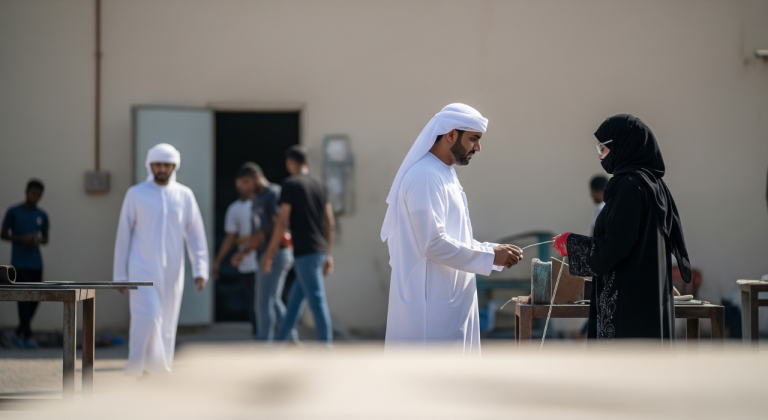
A Glimpse into European Living: Lifestyle Trends to Expect in 2025
European living is expected to undergo significant changes in the coming years, driven by factors such as urbanization, technological advancements, and shifting societal values. As we look ahead to 2025, it’s essential to understand the lifestyle trends that will shape the future of European living. European living and lifestyle trends will be crucial in determining the quality of life for citizens, and it’s vital to be aware of the upcoming changes.
Section 1: Sustainable Urbanization
One of the primary drivers of change in European living will be sustainable urbanization. As cities continue to grow and expand, there will be an increased focus on creating environmentally friendly and sustainable living spaces. This will involve the development of green infrastructure, such as parks and green roofs, as well as the implementation of renewable energy sources and energy-efficient buildings. For instance, the city of Copenhagen has set a goal to be carbon neutral by 2025, and has implemented a range of initiatives to reduce energy consumption and increase the use of renewable energy.
Sustainable urbanization will also involve the creation of innovative transportation systems, such as electric and self-driving vehicles, which will reduce congestion and pollution in cities. The city of Barcelona, for example, has introduced a range of measures to reduce traffic congestion, including the creation of superblocks, which are car-free zones that prioritize pedestrian and cyclist access.
Section 2: Technological Advancements
Technological advancements will play a significant role in shaping European living in 2025. The Internet of Things (IoT) will become increasingly integrated into daily life, with smart homes and cities becoming the norm. This will involve the use of sensors and data analytics to optimize energy consumption, traffic flow, and waste management, among other things. For example, the city of Amsterdam has implemented a range of smart city initiatives, including the use of sensors to monitor energy consumption and optimize traffic flow.
Artificial intelligence (AI) will also become more prevalent, with virtual assistants and chatbots becoming integral to daily life. AI will be used to improve healthcare, education, and transportation, among other areas. The use of AI in healthcare, for instance, will enable doctors to analyze medical data more quickly and accurately, leading to better patient outcomes.
Section 3: Wellness-Focused Lifestyles
Wellness-focused lifestyles will become increasingly popular in Europe in 2025. There will be a growing emphasis on mental health, with a greater focus on mindfulness, meditation, and self-care. The use of wearable devices and health apps will become more widespread, enabling individuals to track their physical and mental health in real-time. For example, the use of mindfulness apps, such as Headspace, will become more popular, enabling individuals to reduce stress and improve their mental wellbeing.
Plant-based diets will also become more popular, with a growing awareness of the environmental and health benefits of veganism and vegetarianism. The use of sustainable and eco-friendly products will become more widespread, with a greater emphasis on reducing waste and pollution. The city of Stockholm, for instance, has implemented a range of initiatives to reduce waste and increase recycling, including the creation of a waste-to-energy plant.
Section 4: Changing Work Patterns
Changing work patterns will also have a significant impact on European living in 2025. The gig economy will continue to grow, with more individuals working on a freelance or contract basis. Remote work will become more common, with the use of virtual reality and augmented reality technologies enabling individuals to work from anywhere. For example, the use of virtual reality will enable individuals to attend virtual meetings and collaborate with colleagues remotely, reducing the need for commuting and increasing productivity.
The concept of work-life balance will become more fluid, with individuals prioritizing flexibility and autonomy in their work arrangements. The use of AI and automation will enable individuals to work more efficiently, freeing up time for leisure and personal pursuits. The city of Helsinki, for instance, has implemented a range of initiatives to support remote work, including the creation of coworking spaces and virtual reality facilities.
Section 5: Conclusion
In conclusion, European living in 2025 will be shaped by a range of factors, including sustainable urbanization, technological advancements, wellness-focused lifestyles, and changing work patterns. As we look ahead to the future, it’s essential to understand these trends and how they will impact our daily lives. By embracing these changes, we can create a more sustainable, equitable, and fulfilling future for all.






